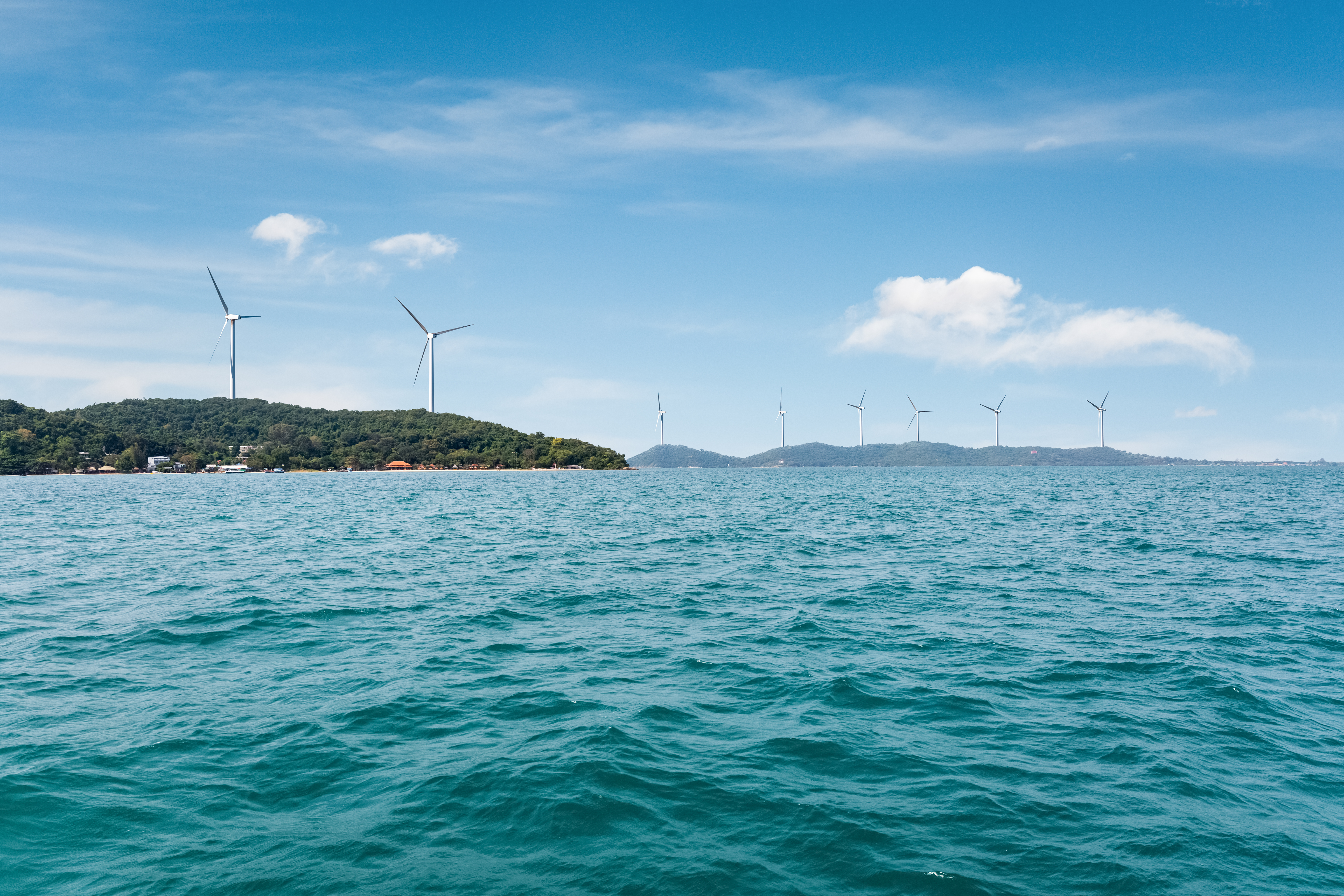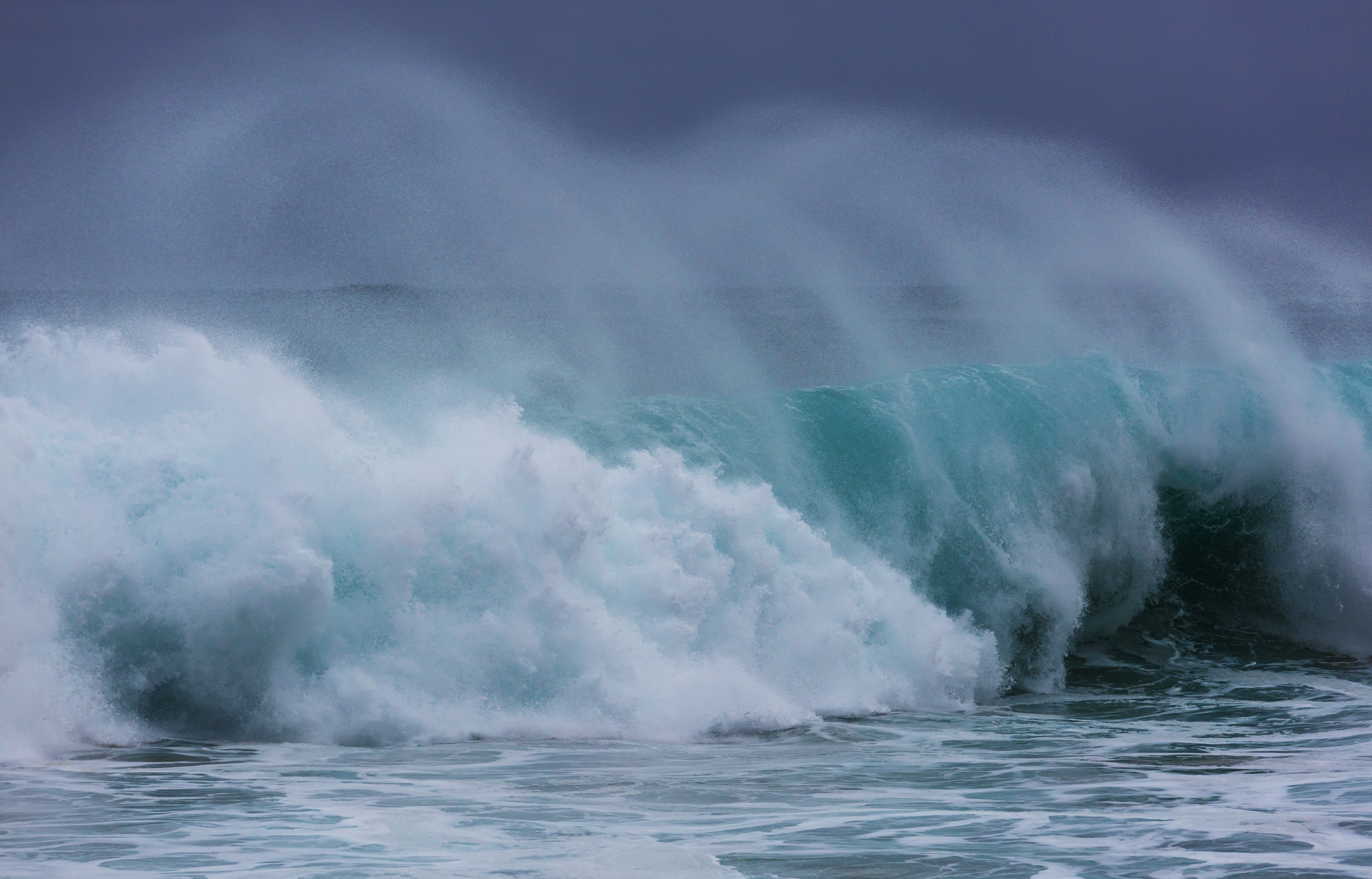The construction of Mocean Energy’s Blue Star Wave Energy converter has commenced, scheduled to be tested in Orkney in the latter half of this year. This energy converter would be used for the powering of vehicles underwater as part of a pathbreaking on-field trial. Mocean Energy, based in Edinburgh, had received funding over £3.3 million from Scotland’s Wave Energy for constructing and testing a half-scale variant of this technology at sea.
A Collaboration in Renewable Energy
The Blue Star Wave Energy converter is being touted as an innovation in the field of renewable energy. As per Cameron McNatt, who is the Managing Director of Mocean Energy, this pilot project is the opportunity that they were looking for to apply their prototype. It would also help them to gain from the subsea experience that comes through their partners in this project.

The project has a contribution from its partners as well as the OGTC or Oil & Gas Technology Center. The first step of this project was the OGTC’s industry workshop in Aberdeen held on February 27. It served as the starting point for learning about the potential applications as well as the field trial plans of Mocean Energy.
Other partners include Modus, which operates autonomous underwater vehicles and EC-OG, which is a leading company in the field of storing subsea energy. Modus would make use of the Blue Star Wave energy converter technology from Mocean Energy as well as the EC-OG’s HALO subsea energy storing mechanism. These would combine to power residential AUVs (Autonomous Underwater Vehicles) and subsea tiebacks.
The Future of Wave Energy
The aim of this project to understand the application of renewable wave energy as a source of subsea power. Wave energy could be capable of becoming a major source of power for oil & gas infrastructure in seabeds, as well as power fleets of underwater service robots.

Wave energy has gained a lot of traction in the offshore oil sectors, and many companies have been testing on that. It is one of the most promising methods in being a backup power source for several operations held in the sea. Ocean Power Technologies was among the first companies to have made a breakthrough in the wave energy sector.
As per Nigel Ward, the Chief Commercial Officer for Modus, this project would allow for demonstrating a temporary or a semi-permanent modular subsea station for these Autonomous Underwater Vehicles that could be controlled through an ‘over the horizon’ technology. It would help to usher an innovation in surveying and inspection, reducing the manpower deployed offshore and thus bringing down costs and increasing safety.
Mocean Leading Innovation in Subsea Infrastructure
Mocean Energy’s Blue Star is a quick ‘wave-riding’ concept, and it is compact enough to be carried in a 40-feet shipping container. It employes magnetic-geared power for charging the batteries on-board that can be used for powering several underwater technologies.

As per Myrtle Dawes, who is the director for OGTC’s Solution Center, this partnership across sectors between renewables and oil & gas sectors is an innovation. It is what would enable the United Kingdom’s energy sector to transform and have the North Sea to be the leader in technologies that drive energy transitions.
Paul Slorach, who is the Director of Business Development at EC-OG, commented that this project is more than just a demonstration of the technical feasibility of WEC. It is also an innovation that is making use of carbon saving and financial advantages that come from renewable energy into running subsea infrastructure.
Mocean was among the first companies that gained the support of OGTC through its TechX initiative. OGTC is based in Aberdeen. The TechX program was made to promote innovation in technology for helping the offshore oil sector advance in the field of a net-zero carbon economy. When these technologies have been successfully demonstrated and tested in the real world, they could be the backup power sources in cases of umbilical failures as well.
